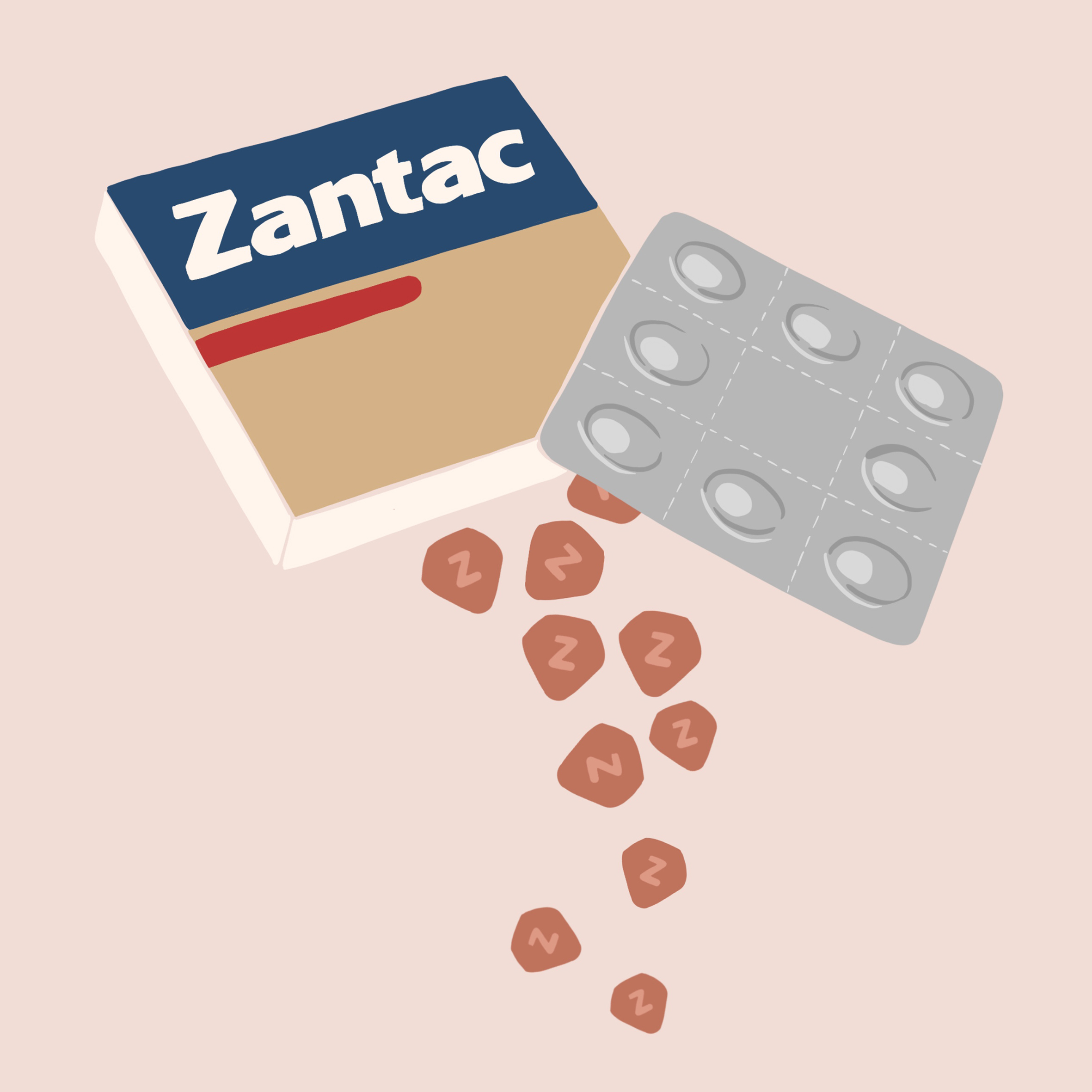On Wednesday, the U.S. Food and Drug Administration requested immediate removal of Zantac products from the U.S. market. The press announcement, released on April 1, includes all prescription and over-the-counter medications containing ranitidine.
The agency has removed ranitidine products from the market caused by contamination with N-Nitrosodimethylamine (NDMA), a carcinogenic substance that increases over time. NDMA develops in high levels of heat during storage, including while in transportation on shipping trucks.
Due to the method of contamination, the level of NDMA exposure in each package difficult to pinpoint. The agency referred to the levels of impurity in the medications, which are used to treat heartburn, as unacceptable.
"We didn’t observe unacceptable levels of NDMA in many of the samples that we tested. However, since we don’t know how or for how long the product might have been stored, we decided that it should not be available to consumers and patients unless its quality can be assured."
In 2019, an independent consumer group tested ranitidine, found traces of NDMA and alerted the FDA. Initially, the agency viewed the levels of NDMA as comparable to common exposure from food and water. It launched an investigation to gather enough evidence to make recommendations about ranitidine products.
The FDA issued a warning about the risks of Zantac in September, encouraging consumers to switch to alternative options. Most recently, the agency concluded the risk of cancer grows with sustained, higher levels of exposure, according to the FDA.
Levels of NDMA increase over time, present even under normal storage conditions and especially when facing higher temperatures.
"The testing also showed that the older a ranitidine product is, or the longer the length of time since it was manufactured, the greater the level of NDMA," according to the FDA announcement.
The FDA is sending manufacturer letters to request the removal of all products from the market. Consumers are advised to stop taking any medication containing O-T-C ranitidine. For patients with prescriptions, the agency recommends discussing other treatment options with a professional before discontinuing the medication.
Alternatives to Zantac for the same or similar uses include famotidine (Pepcid), cimetidine (Tagamet), esomeprazole (Nexium), lansoprazole (Prevacid) or omeprazole (Prilosec). Nexium, however, has been linked to various gastric side effects in some patients.

